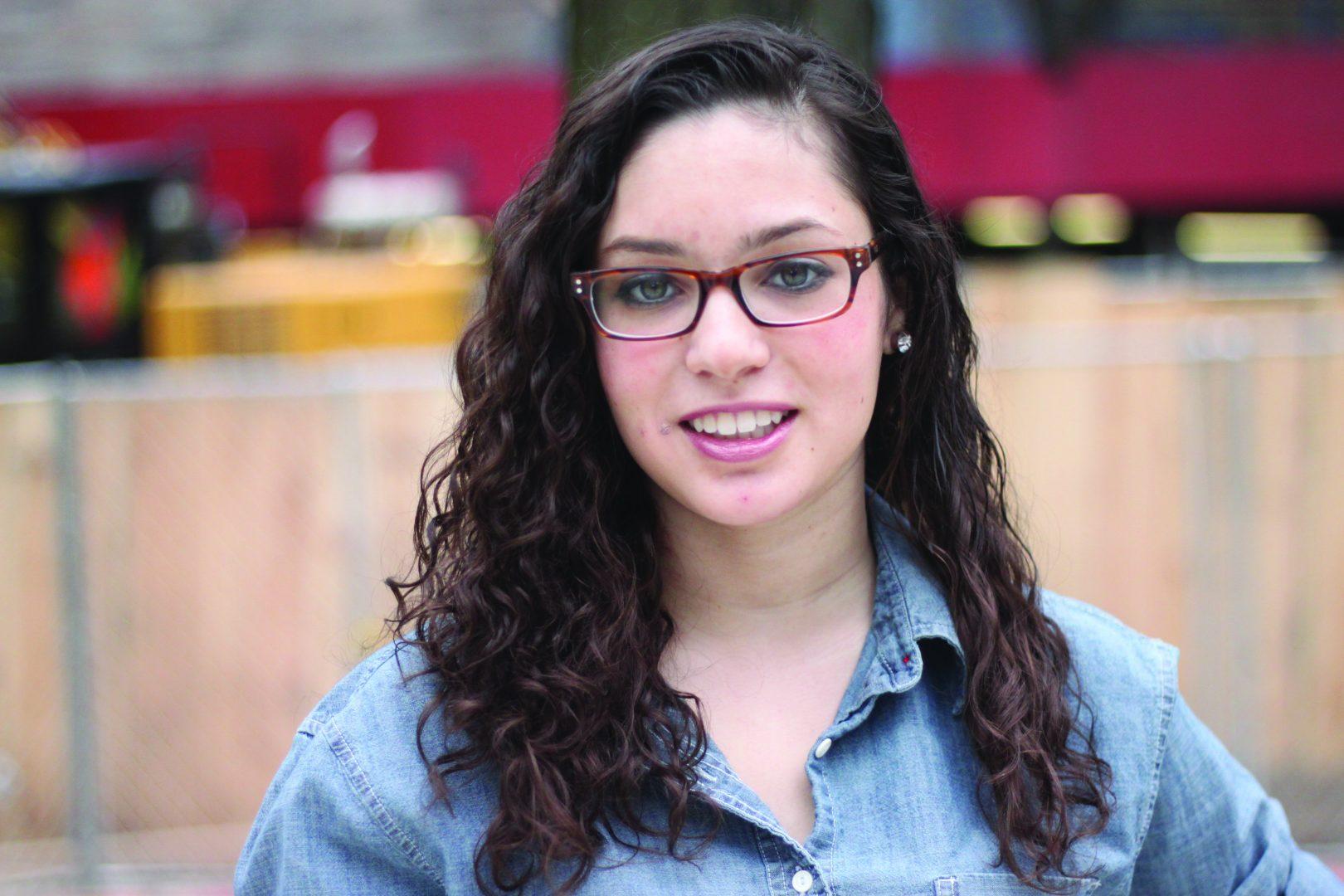Students Establish Deaf Education Club
April 18, 2013
Fordham College at Lincoln Center (FCLC)’s newest club is Deaf Education and American Sign Language (DEASL), which held its first meeting on April 11. According to club founder Lilly Barone, FCLC ’16, starting this club has been a goal since before she became a Fordham student.

Barone said that she believes the deaf population at FCLC, although small, is worth having a resource for. “Fordham doesn’t offer any academic ASL classes, while other schools like NYU offer it as an option for the language requirement,” she said. She added that Fordham’s lack of resources and courses in ASL almost discouraged her from enrolling in the university.
According to Barone, the FCLC community has shown interest in the club. “I have up to 35 people just for sign ups, and you only need 10 for approval to start the club,” she said.
Barone said that Dorothy Wenzel, director of student leadership and community development at FCLC, is the temporary adviser for DEASL. “Her sister is an interpreter for sign language, so she’s interested in it, and she agreed to be our adviser until we find someone else,” Barone said.
Wenzel added that she has family members who are deaf, and she is interested in spreading awareness of the issue on campus.
Barone said that the club hopes to find a permanent adviser for next year, probably from sociology or anthropology, but Wenzel said she is also willing to stick with DEASL.
When asked what she hopes DEASL will accomplish as a newly established club, Barone said that the main mission is to promote awareness of the deaf community, “Not many people know about how to go about interacting with them or communicating with them. Education is our main mission.”
Barone is an international studies major, and said that she has always been interested in languages. She added that her lack of awareness about the deaf community was also a driving force in her decision to promote an informative club.
Similarly, when asked what sparked her interest for the club, Cynthia Ceasceres, FCLC ’16 and DEASL treasurer said, “I’m deaf—with a lowercase d—and I used to know ASL when I was young, but as I grew up, I forgot most of the signs.” Ceasceres hopes to learn and promote ASL through her role in the club.
She discussed the distinction between deaf as a physical disability and Deaf as a community. “There are deaf and Deaf people; deaf with a lowercase d are those who have a physical disability. Deaf with a capital D are those who have the disability and are part of a distinct community with its own culture,” she said. “I identify myself as a deaf person, as a person with a disability. I am not a part of that community.”
According to Ceasceres, DEASL’s agenda includes starting off with basics, such as learning the ASL alphabet. “We also want to correct any misconceptions that people may have about deaf, hearing-impaired, hard-of-hearing and Deaf people with some basic knowledge. I hope that through the club, people will be more aware of this population as hearing loss could be considered as an invisible disability,” she said. “In addition, knowing ASL can be a quite valuable skill to have so it would be great to spread that knowledge around.”
According to Wenzel, it is important to try to minimize ignorant comments and jokes that make fun of deaf people, and are often unintentional. “One of Bloomberg’s interpreters was very expressive in how she interpreted during Hurricane Sandy, and it turned into skits on late night shows like SNL, where people made fun of it,” she said. “This was insulting to some members of the deaf community. Deaf folks have responded, feeling very disrespected.”
When asked whether she believes Fordham should consider adding ASL to its curriculum, Barone responded that it might take more time. “It’s definitely something that could be looked to for the future,” she said. “I don’t know if Fordham is quite ready for it. I think we are a long way.”
Wenzel said that for the short term, “If there is an interest level among the club, instructors can be hired as is done with the yoga club and other clubs, to deliver introductory classes on a weekly time that works for the students.”









